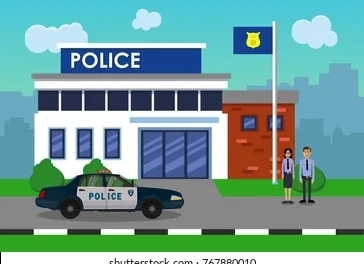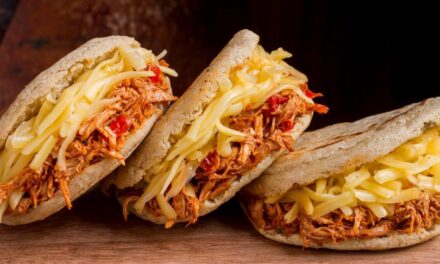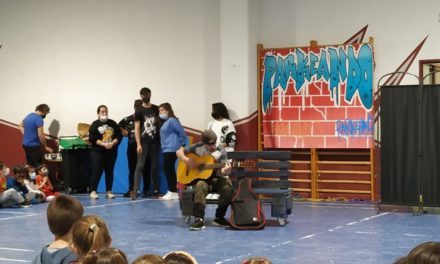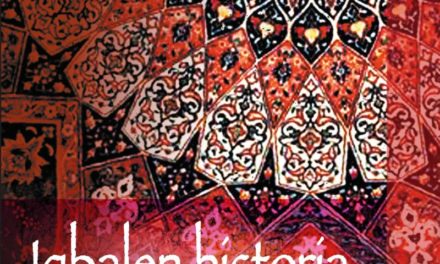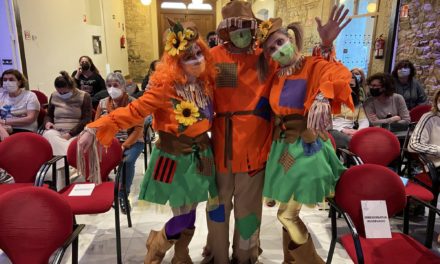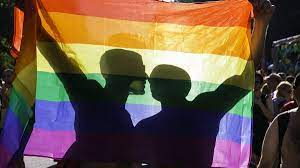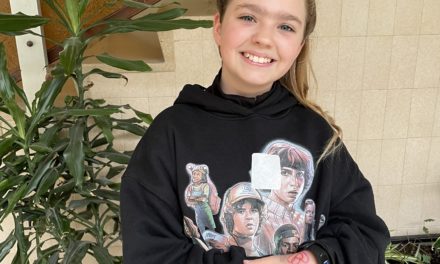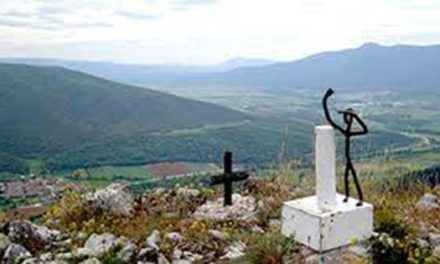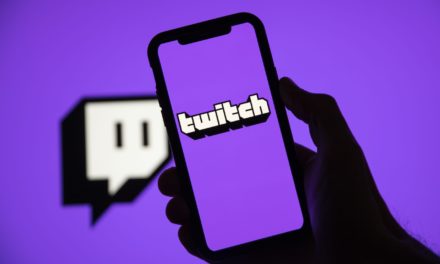DIBERTSITATEA
Black Lives Matter
It began in 2013 with the use of the hashtag #BlackLivesMatter on social networks, after the absolution of George Zimmerman for the death of African American teenager Trayvon Martin because of a gunshot.
We have found several cases in recent years, about similar injustices.
–
Comenzó en 2013 con el uso del hashtag #BlackLivesMatter en las redes sociales, tras la absolución de George Zimmerman por la muerte del adolescente afroamericano Trayvon Martin a causa de un disparo.
En los últimos años hemos encontrado varios casos, sobre injusticias similares.
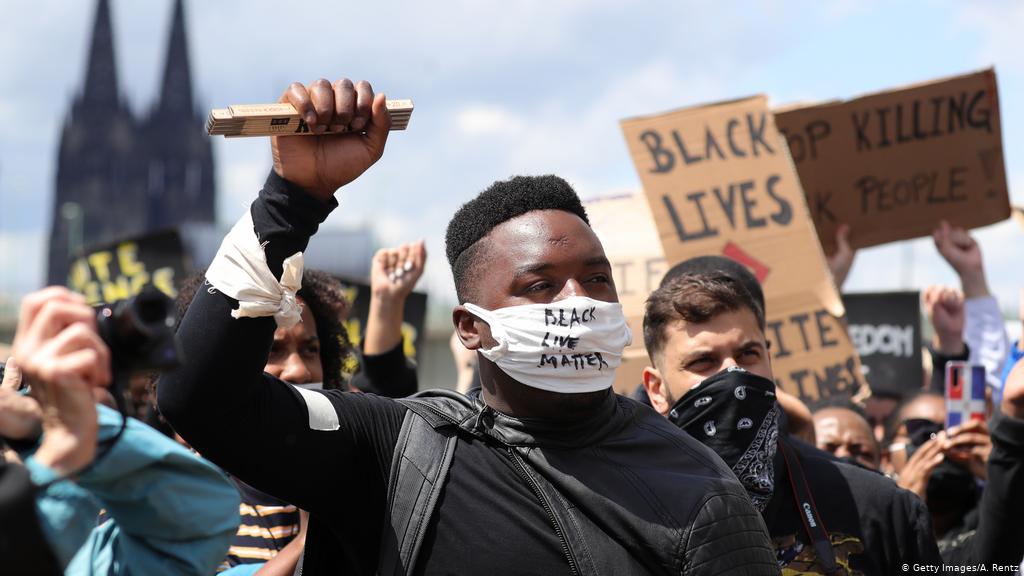

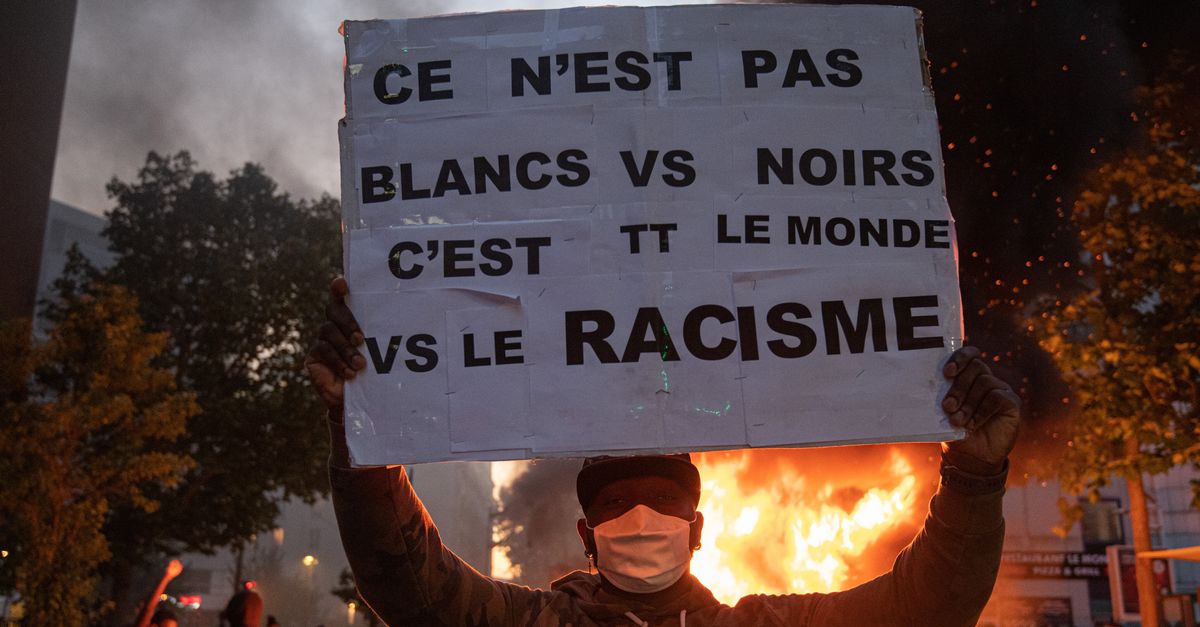
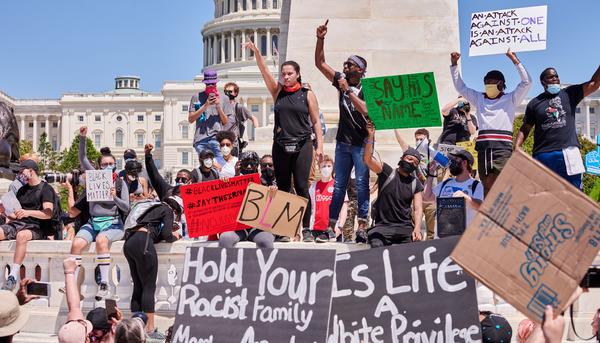
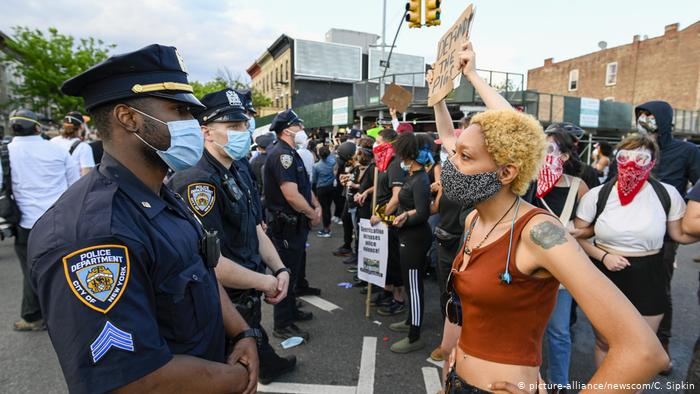
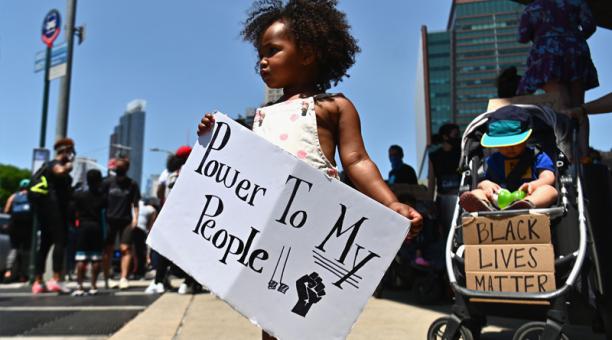
The central park five
This case happened in 1989, on April 19, in Central Park (New York). The five boys (Antron McCray, Kevin Richardson, Yusef Salaam, Raymond Santana and Korey Wise) were charged with rape and attempted murder of Trisha Meili. In the attack, this woman lost 75% of her body’s blood and was in a coma for 12 days, for a fracture in her skull. She said she remembered nothing of the violent attack and could not testify against anyone.
Both detectives and prosecutors claimed that they had overlooked obvious inconsistencies in their contradictory confessions, and in the end the young African Americans served 6-13 years of sentence.
Donald Trump went so far as to pay for ads in the principal newspapers asking for the dead sentence for the minors.
In 2001 a serial rapist, Matías Reyes, who was jailed in the same center as Korey Wise confessed that he had assaulted Trisha Meili and given her for dead.
Matías Reyes, who was serving life imprisonment for other violations and murder, told the authorities how he carried out the attack and insisted that he acted alone. His DNA coincided in more than 99% with that found on Meili’s body and in the sock found in the crime scene.
Confession meant the release in 2002 of Wise, the last of the five remaining in prison.
Los cinco de Central Park
Este caso ocurrió en 1989, el 19 de abril, en Central Park (Nueva York). Los cinco chicos (Antron McCray, Kevin Richardson, Yusef Salaam, Raymond Santana y Korey Wise) fueron acusados de violación e intento de asesinato de Trisha Meili. En el ataque, esta mujer perdió el 75% de la sangre de su cuerpo y estuvo en coma durante 12 días, por una fractura en el cráneo. Dijo que no recordaba nada del violento ataque y que no podía declarar contra nadie.
Tanto los detectives como los fiscales afirmaron que habían pasado por alto incoherencias evidentes en sus confesiones contradictorias, y al final los jóvenes afroamericanos cumplieron entre 6 y 13 años de condena.
Donald Trump llegó a pagar anuncios en los principales periódicos pidiendo la pena de muerte para los menores.
En 2001 un violador en serie, Matías Reyes, que estaba encarcelado en el mismo centro que Korey Wise confesó que había agredido a Trisha Meili y la había dado por muerta.
Matías Reyes, que cumplía cadena perpetua por otras violaciones y asesinato, contó a las autoridades cómo llevó a cabo la agresión e insistió en que actuó solo. Su ADN coincidía en más de un 99% con el encontrado en el cuerpo de Meili y en el calcetín hallado en la escena del crimen.
La confesión supuso la liberación en 2002 de Wise, el último de los cinco que permanecían en prisión.
Escrito y editado por Zahira Jiménez y Olarizu Ibáñez

